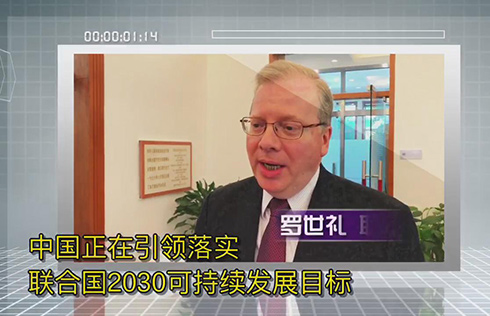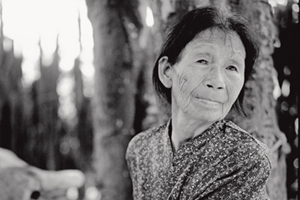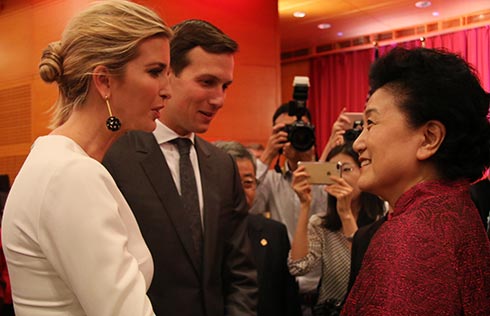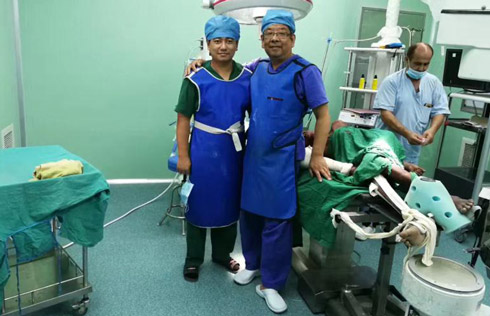Cuba sees first trials to implement online commerce
HAVANA - Cuba has been holding trials to implement online commerce services for the first time in the country, an official source said on Wednesday.
Beatriz Milian, deputy director of the Central Bank of Cuba (BCC), said that since July 2016, a pilot test had been carried out in the country to implement the payment gateway, which would allow real-time transactions between commercial banks and customers.
Milian added the trial started with payment by phone services within a controlled environment, before certain currency transactions were allowed, through the state-run foreign exchange system.
"During this process, we were able to ratify the correct operations, we tested the entire flow of operations to the bank, introduced banking identity providers for client authentication and incorporated the possibility of including reverse transactions and returns," she said.
Cuba has more than 900 ATMs nationwide, as well as almost four million bank cards among the population. As such, it seems natural for services such as mobile banking and paying bills online to become increasingly popular.
The implementation process involves the Metropolitan Bank, the Popular Bank of Savings and the Bank of Credit and Commerce, and the state-owned telecommunications company, Etecsa.
The Cuban government intends to increase the population's access to new technologies as part of the computerization of the society.
According to official figures last July, there were 4.3 million mobile lines and four million users with Internet access across Cuba, including over 1.5 million people with permanent accounts.
Last February, Etecsa unveiled home Internet access, although monthly costs range from 15-70 US dollars for 30 hours a month, which is very high as the average national salary stands at 20 US dollars.






















